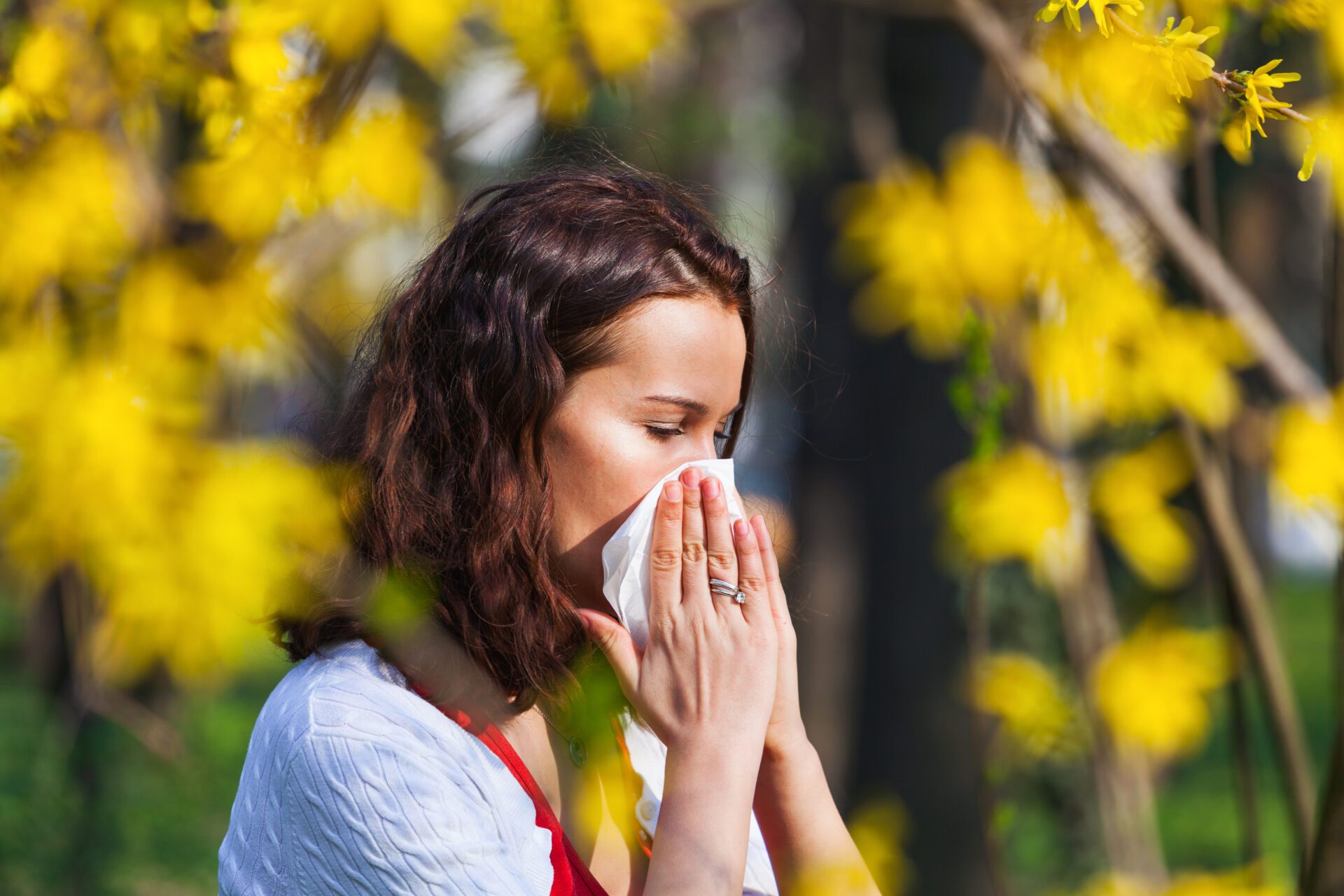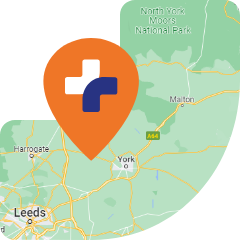Hay Fever
Hay fever (seasonal rhinitis) is a common allergic reaction to pollen (a fine powder released by plants) which occurs at certain times of year.
- It is extremely common, affecting around 1 in 5 people
- It can affect people of all ages, and usually begins during childhood or the teenage years
- Many people find their symptoms improve as they get older
- Around half of sufferers report that their symptoms improve after several years and even disappear completely in around 10–20% of people
- Symptoms are usually worse between late March and September, particularly when the weather is warm, humid or windy because this is when the pollen count is usually high
- Hay fever is more likely if you have a family history of allergies


Frequently Asked Questions
Hay fever often starts in childhood and regularly occurs at the same time each year. Hay fever treatments do not cure the condition but can help control symptoms and reactions to allergens.
Our expert pharmacists can give you clinical advice and suggest the best treatments on offer.
You can reduce your hay fever symptoms by taking a number of actions. Most importantly, try to avoid pollen by staying inside and shutting windows and doors when the pollen count is high. The UK Met Office produces a pollen forecast which can help you avoid the worst times to be outdoors.
You should also avoid cutting grass, keeping fresh flowers in the house or drying your clothes outside (as they can catch pollen).
You can add a pollen filter to your car’s ventilation system and use a vacuum cleaner with a HEPA filter. After you have been outside, shower and change your clothes to wash off the pollen.
Other things you can do include putting Vaseline around your nostrils to catch and trap pollen and wearing wraparound sunglasses to reduce the amount of pollen that gets into your eyes.
Pharmacy+Health makes it simpler and more convenient to get the treatment you need. Find out more about the cost of a hay fever consultation here.
Our skilled staff have the experience and training to give you the highest quality care – every time you visit.


